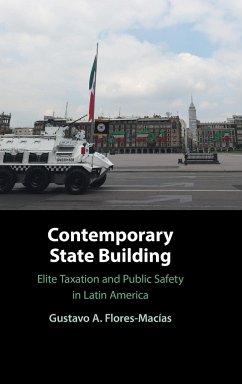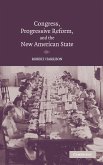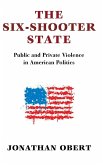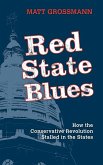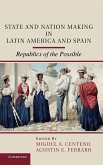"In 2002, decades into the country's civil war, the Colombian government initiated elite-financed security taxes equivalent to an additional one percent of the country's gross domestic product (GDP)-a major achievement in a region notorious for stagnant tax-to-GDP ratios (Everest-Philips 2010).2 More surprising than the sharp increase in yearly tax revenue is that the government did so by extracting from the wealthiest taxpayers and that these taxpayers evsupported the tax. Charles Tilly (2009, xiii) observed that taxation, "constitutes the largest intervention of governments in their subjects' private life." Colombia's government not only generated this revenue, but did so from the best politically-connected echelon of society, a group that has historically been able to resist taxation (Atria 2015; Bogliaccini and Luna 2016; Centeno 1997; 2002; Fairfield 2015; Kurtz 2009; 2013; Saylor 2014; Soifer 2009; 2015; Schneider 2012)"--
Hinweis: Dieser Artikel kann nur an eine deutsche Lieferadresse ausgeliefert werden.
Hinweis: Dieser Artikel kann nur an eine deutsche Lieferadresse ausgeliefert werden.

